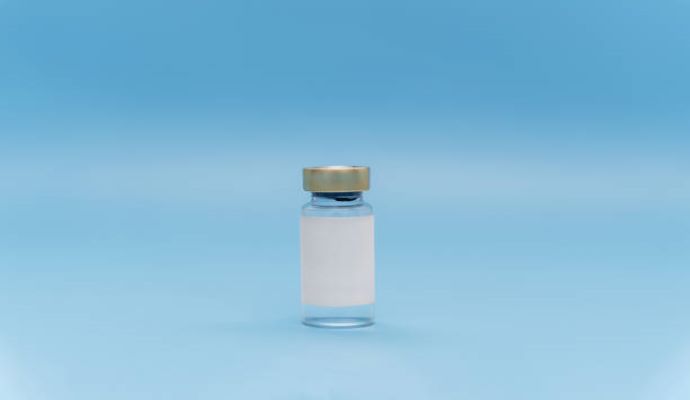FDA Approves TZIELD to Delay Stage 3 Type 1 Diabetes
On November 17, 2022, the FDA approved TZIELD, the only treatment to delay Stage 3 type 1 diabetes in patients eight years old and older with Stage 2 type 1 diabetes.

Source: Getty Images
- According to the CDC, of all people with diabetes, up to 10% have type 1 diabetes (T1D), sometimes referred to as juvenile or insulin-dependent diabetes. This type of diabetes typically develops early in life when the patient is a child, teen, or young adult. T1D is often associated with family or genetic history. The FDA approval of TZIELD marks the first approved medication to delay the progression of T1D from Stage 2 to Stage 3.
A press release from Provention Bio revealed that the FDA approved the biological license application for TZIELD, composed of teplizumab-mzwv. This medication is delivered intravenously and is an anti-CD3-directed antibody. The drug will be made available in a single-use 2 mg/2 mL vial. The company states that the infusion should take at least 30 minutes and is recommended as a once-daily treatment over 14 days.
Provention Bio states that Stage 2 T1D is marked by more than one T1D-related autoantibody and dysglycemia. The TN-10 trial was a double-blind, placebo-controlled clinical trial used to determine how TZIELD impacted the onset of Stage 3 T1D in Stage 2 patients. The study found that approximately 45% of patients treated with TZIELD progressed into Stage 3 T1D. That percentage was significantly higher for patients receiving the placebo, at 72%. Additionally, patients taking TZIELD took twice as long to progress to that stage.
"This is a historic occasion for the T1D community and a paradigm-shifting breakthrough for individuals aged eight years and older with Stage 2 T1D who now have a therapy approved by the FDA to delay the onset of Stage 3 disease. It cannot be emphasized enough how precious a delay in the onset of Stage 3 T1D can be from a patient and family perspective; more time to live without and, when necessary, prepare for the burdens, complications, and risks associated with Stage 3 disease" stated Ashleigh Palmer, Co-Founder and CEO of Provention Bio, in the press release.
Although this medication could benefit many patients with T1D, like any medication, it has side effects. The most common side effects were lymphopenia, experienced by 73% of patients, rash, leukopenia, and headache. Additional adverse side effects may include cytokine release syndrome and severe infections. Providers will be tasked with weighing the benefits of the medication with the side effects on a patient-by-patient basis.
